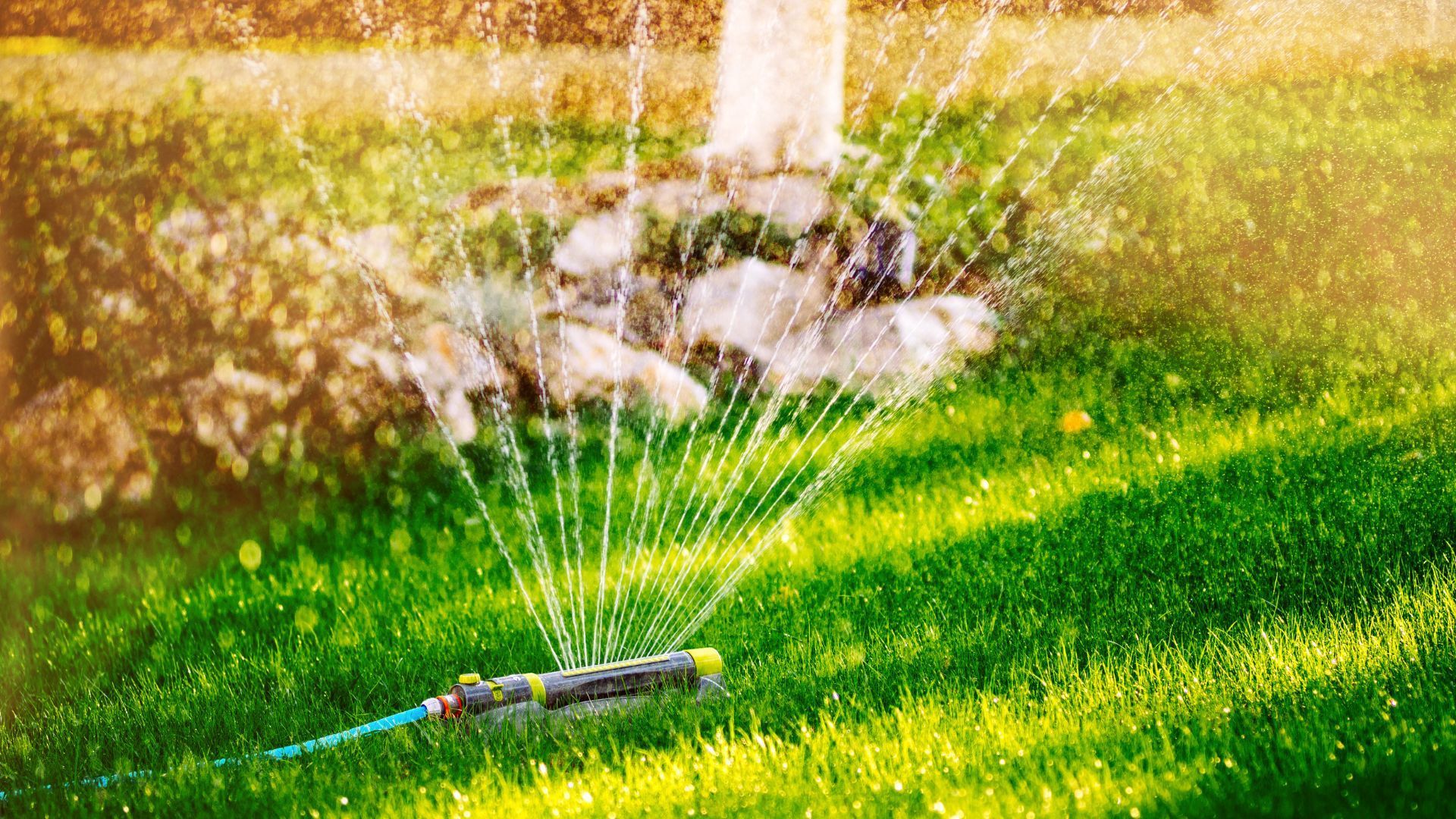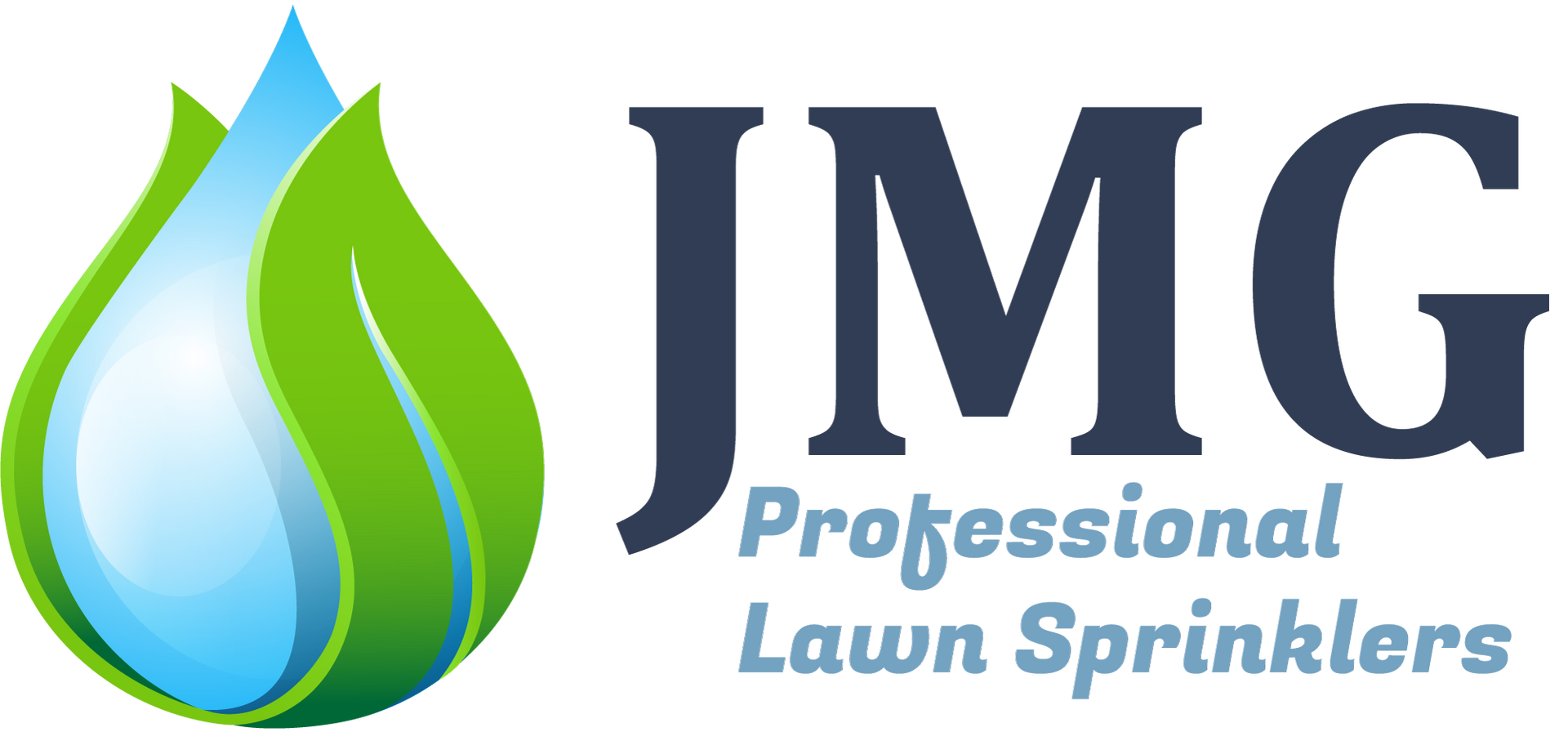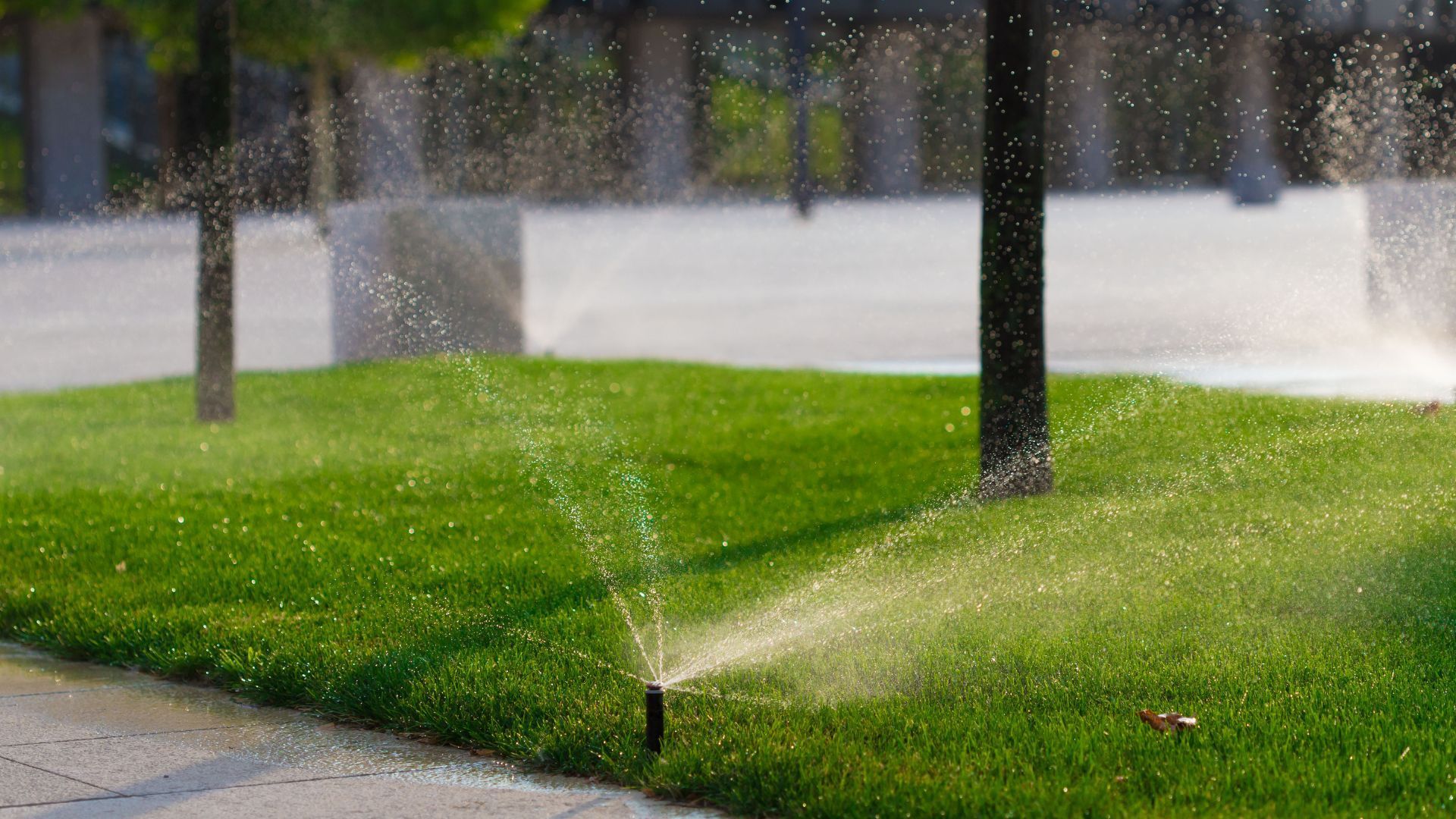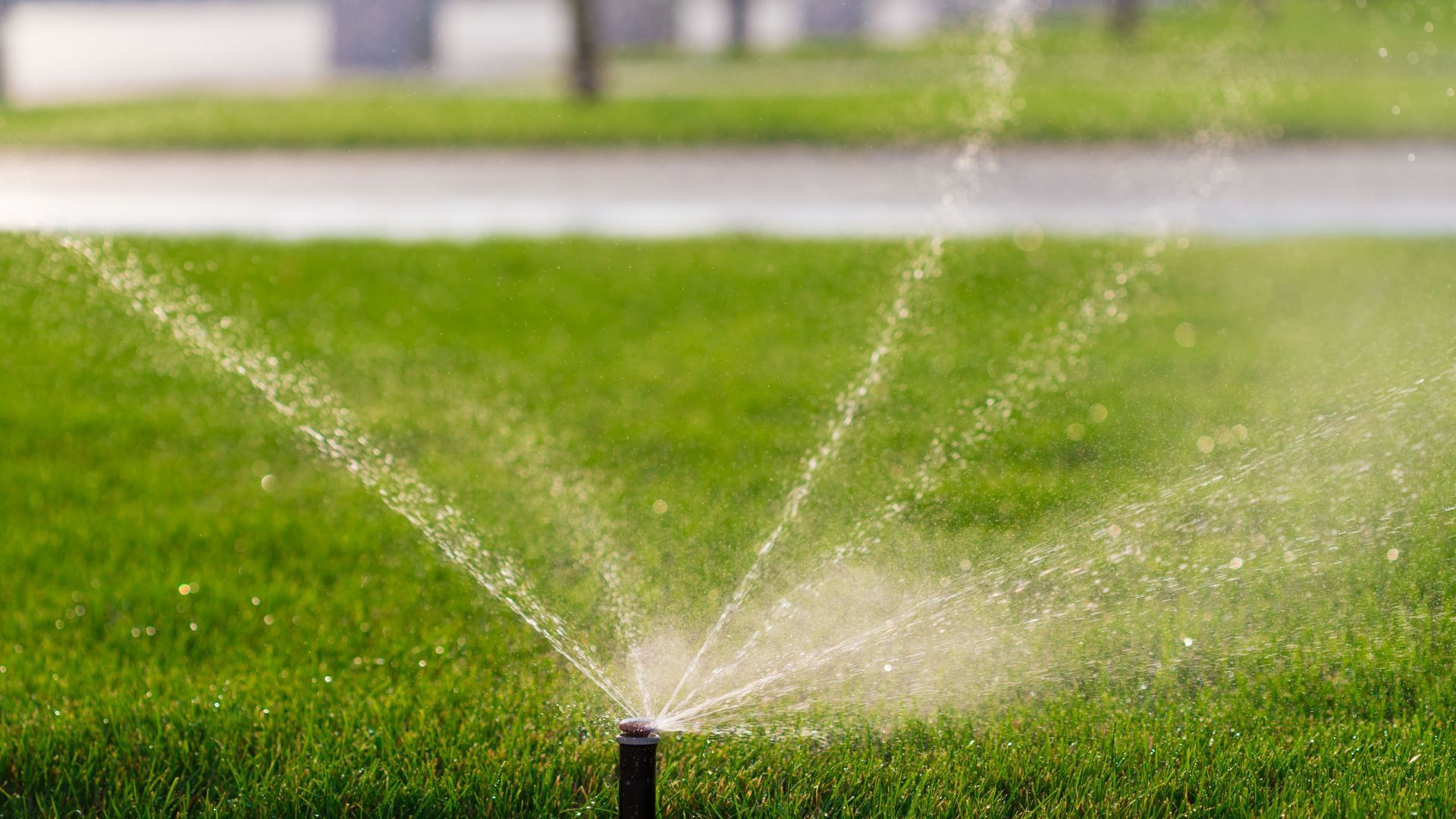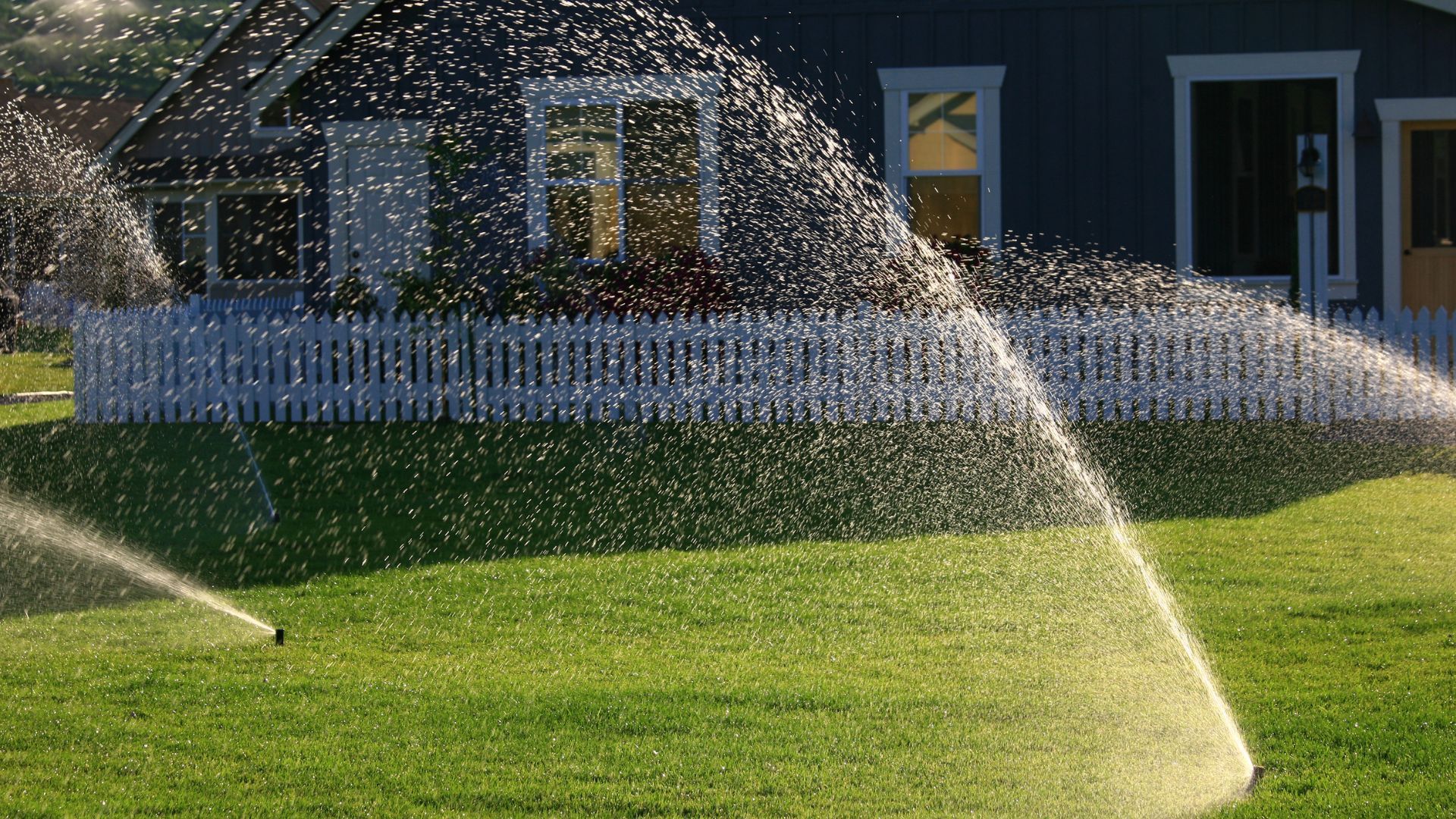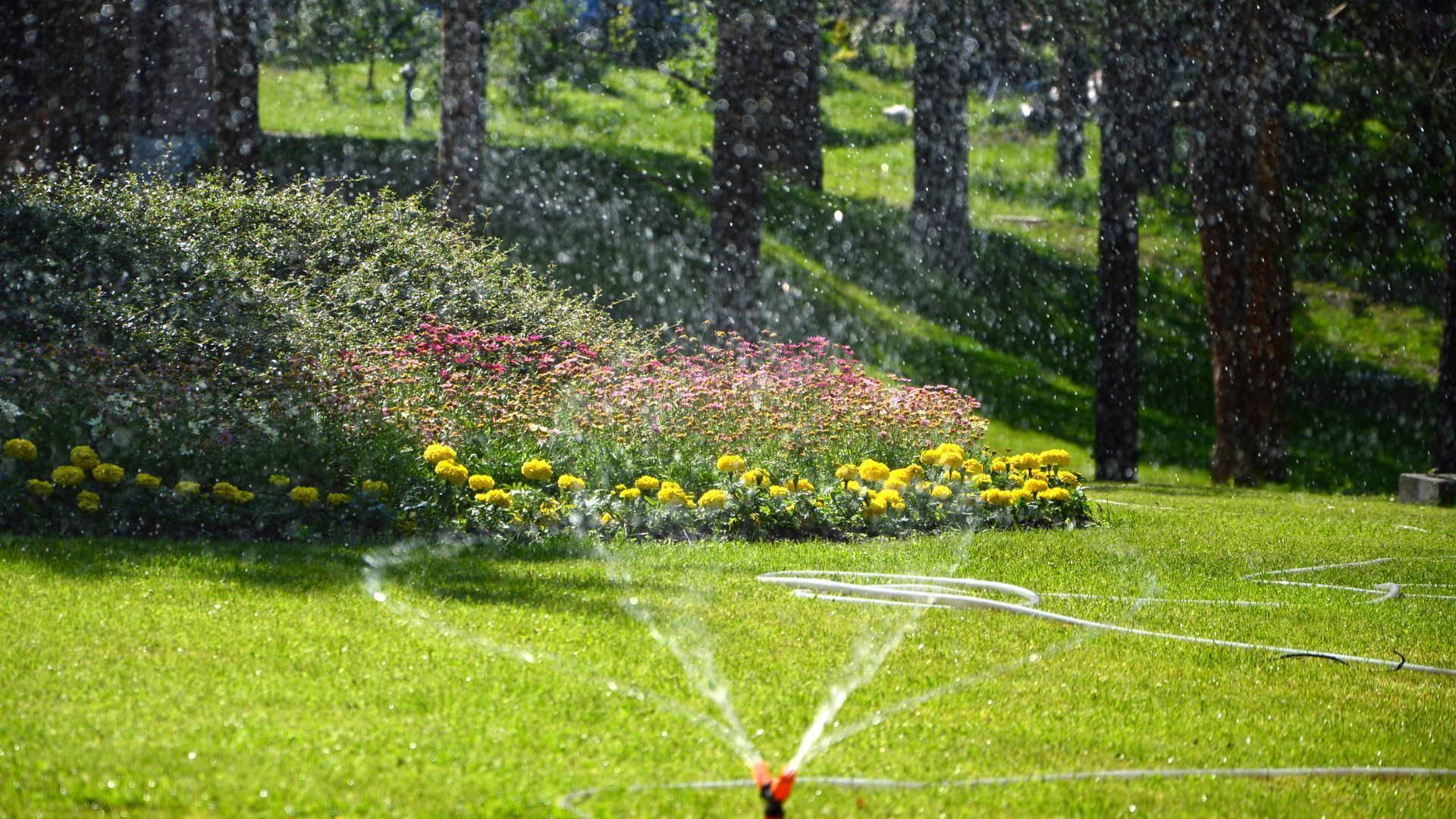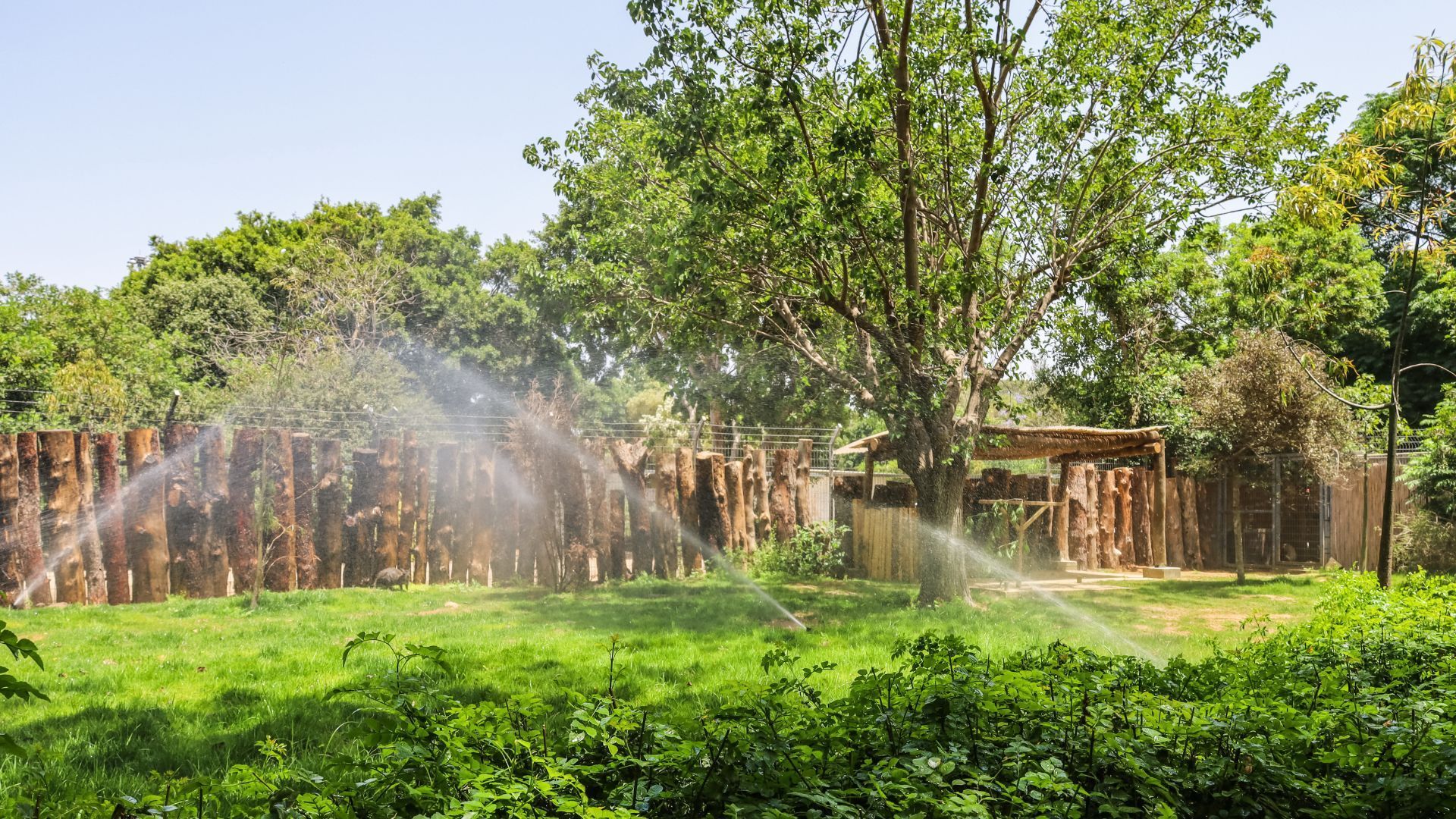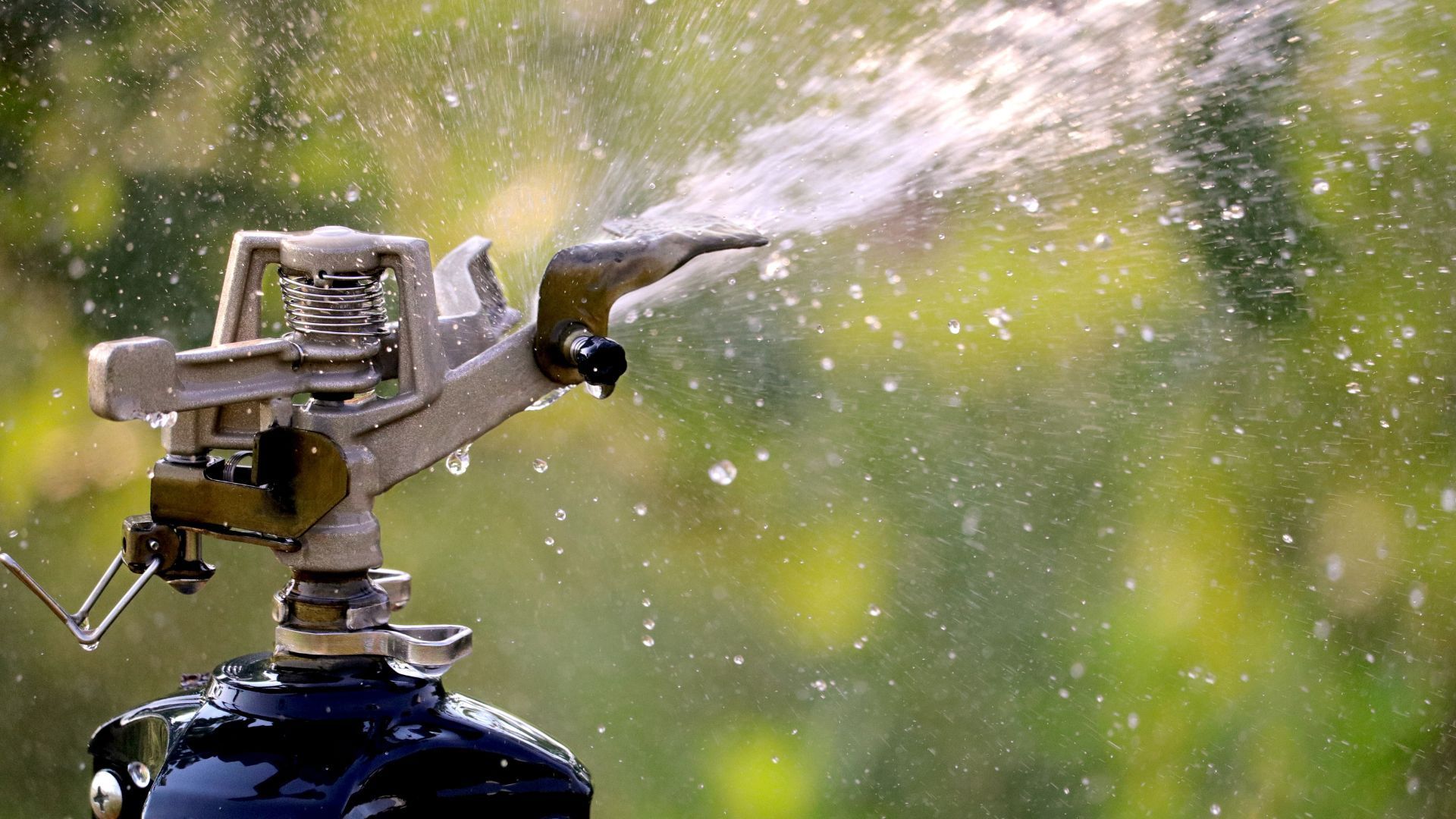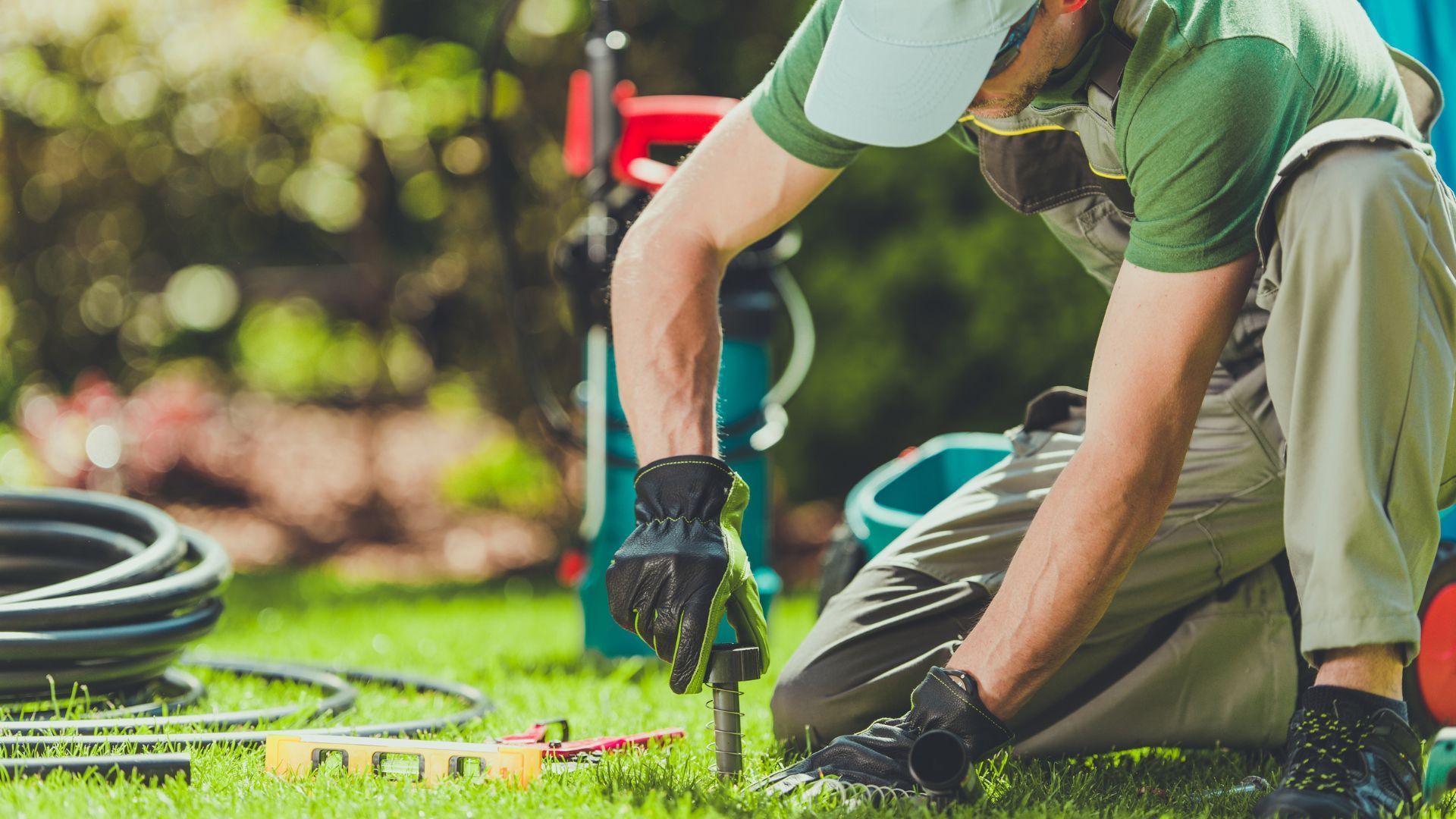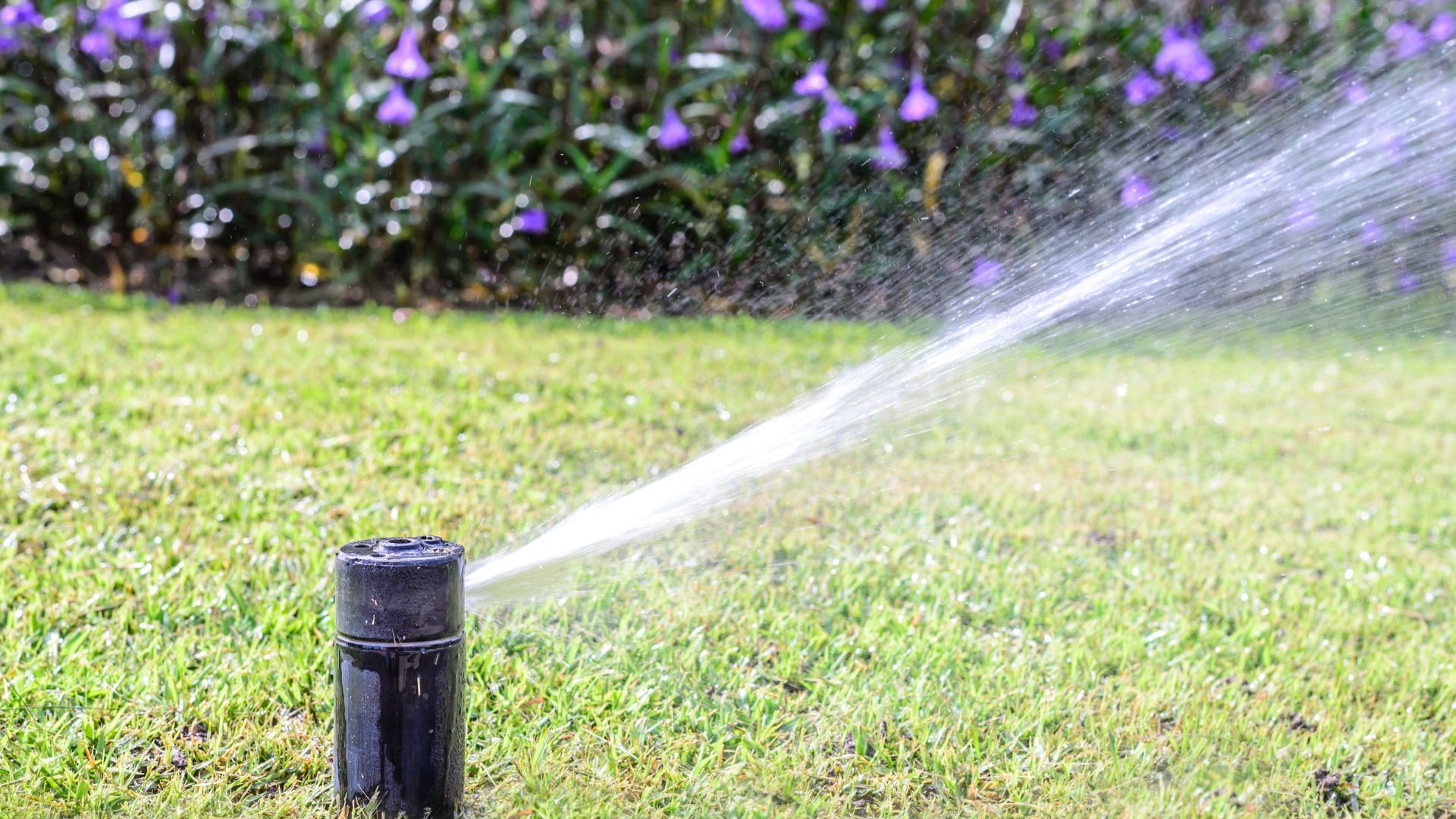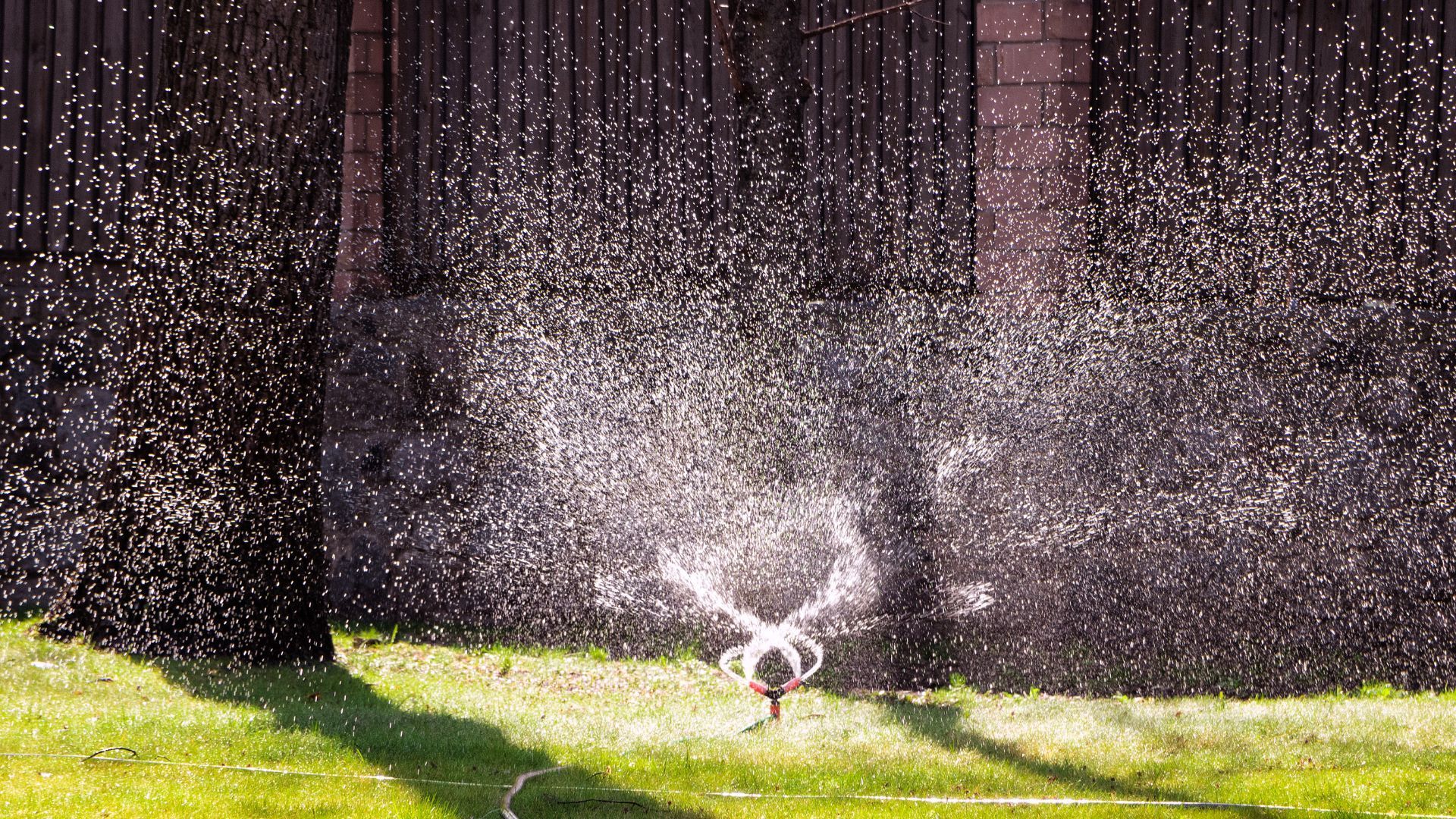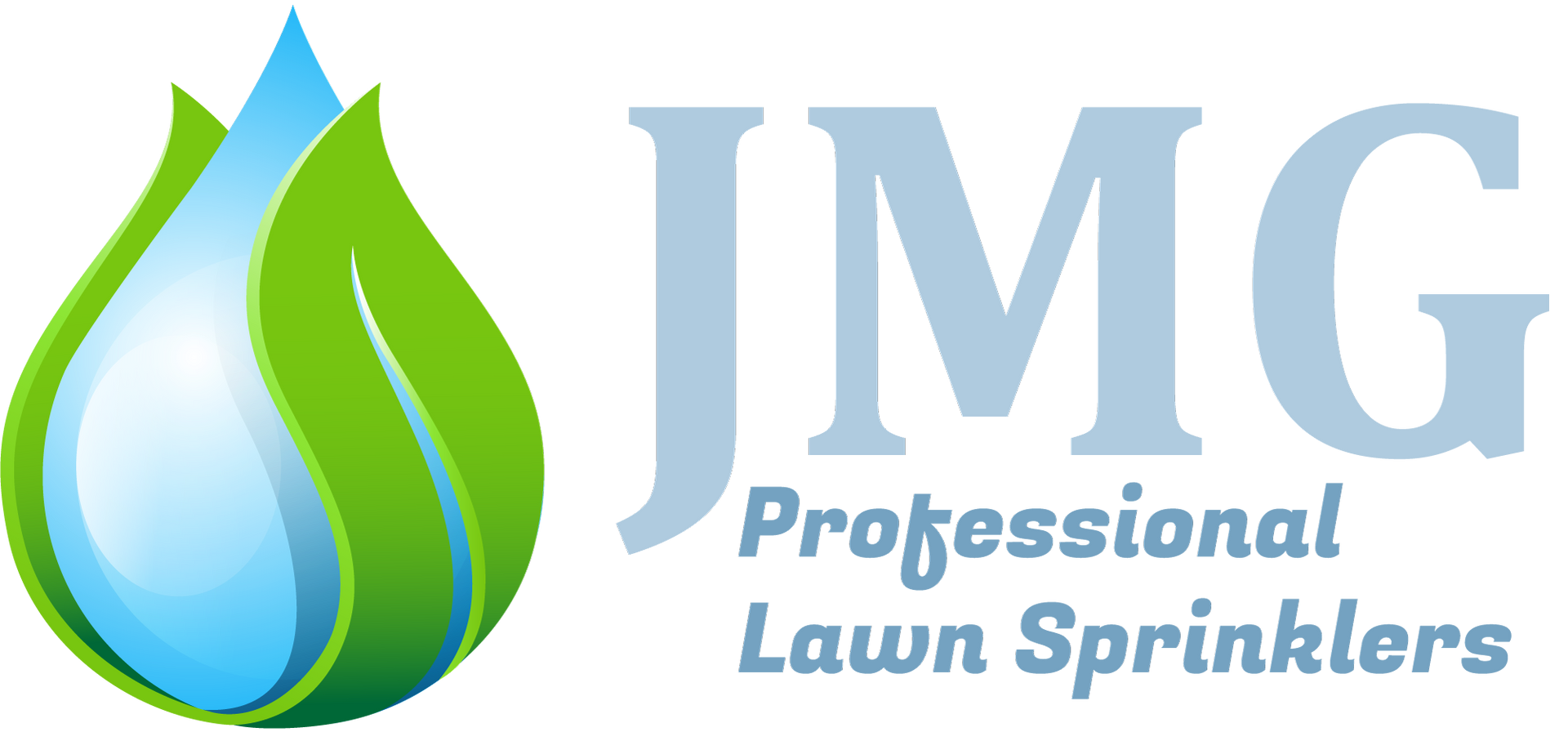Overcoming Obstacles During Sprinkler Installation in Rhode Island
This guide outlines the primary challenges homeowners face during sprinkler installation in Rhode Island. It addresses local site conditions, soil types, regulatory mandates, and performance issues. By understanding these factors, homeowners can achieve a reliable sprinkler system installation that meets technical requirements and adheres to local regulations.
Understanding Rhode Island's Unique Site and Soil Complications for Sprinkler Systems
Successful installation begins with a thorough understanding of local soil and site conditions, as these directly affect water distribution and system reliability. Homeowners need to account for natural factors to ensure efficient installation.
Addressing Rocky or Clay Soil Difficulties During Rhode Island Sprinkler System Setup
Roofs and underground trenches can be complicated by rocky or clay-heavy soils. Rocky soils hinder trenching, while clay retains water, risking overwatering or poor penetration. In areas with dense clay, additional labor, deep conditioning techniques, and amended soil layers may be required. Sometimes, pressure regulators or drip irrigation are incorporated to address water retention. Pre-installation soil tests help determine the necessary modifications to ensure proper depth and an even distribution of water.
Identifying and Navigating Underground Utilities and Obstructions
Older Rhode Island neighborhoods often have outdated underground utilities. It is crucial to locate gas lines, electrical cables, or water pipes using specialized detection equipment before digging. Modern tools like ground-penetrating radar help verify underground layouts, allowing installers to design systems that avoid high-risk areas. This proactive approach minimizes damage to critical services and prevents costly project delays.
Evaluating Yard Slope and Drainage Problems for Optimal Sprinkler Layout
Rhode Island’s varied topography means uneven yards are common. Improper grading can lead to water pooling in low areas or insufficient irrigation on slopes. Homeowners and professionals may use grading techniques or incorporate rain gardens to ensure even water distribution. Testing water flow and pressure in different yard sections helps determine optimal sprinkler head placement and zoning to balance water pressure and prevent runoff.
Overcoming Issues With Limited Space or Irregular Lawn Shapes in Rhode Island Properties
Many homes in Rhode Island have irregularly shaped lawns or limited installation spaces. These properties may require custom solutions that combine micro-irrigation techniques (such as drip irrigation or misting systems) with conventional sprinkler heads. Adjustable sprinkler heads and specialized design software enable a layout that covers every area efficiently while conserving water.
Comprehending Local Water Source Availability and Restrictions for Your System
Water supply and quality in Rhode Island can vary due to local watershed characteristics and municipal restrictions. Homeowners must verify that their available water source is sufficient and understand any imposed conservation practices or seasonal limits. Compliance often requires the installation of water-efficient components and backflow prevention devices as mandated by local authorities, ensuring both optimal performance and regulatory adherence.
Navigating Rhode Island's Permitting Processes and Regulatory Hurdles for Sprinkler Installation
Understanding and adhering to state and municipal permitting guidelines is essential for a smooth installation. Homeowners should prepare thorough documentation and work with professionals to avoid delays during inspections and approvals.
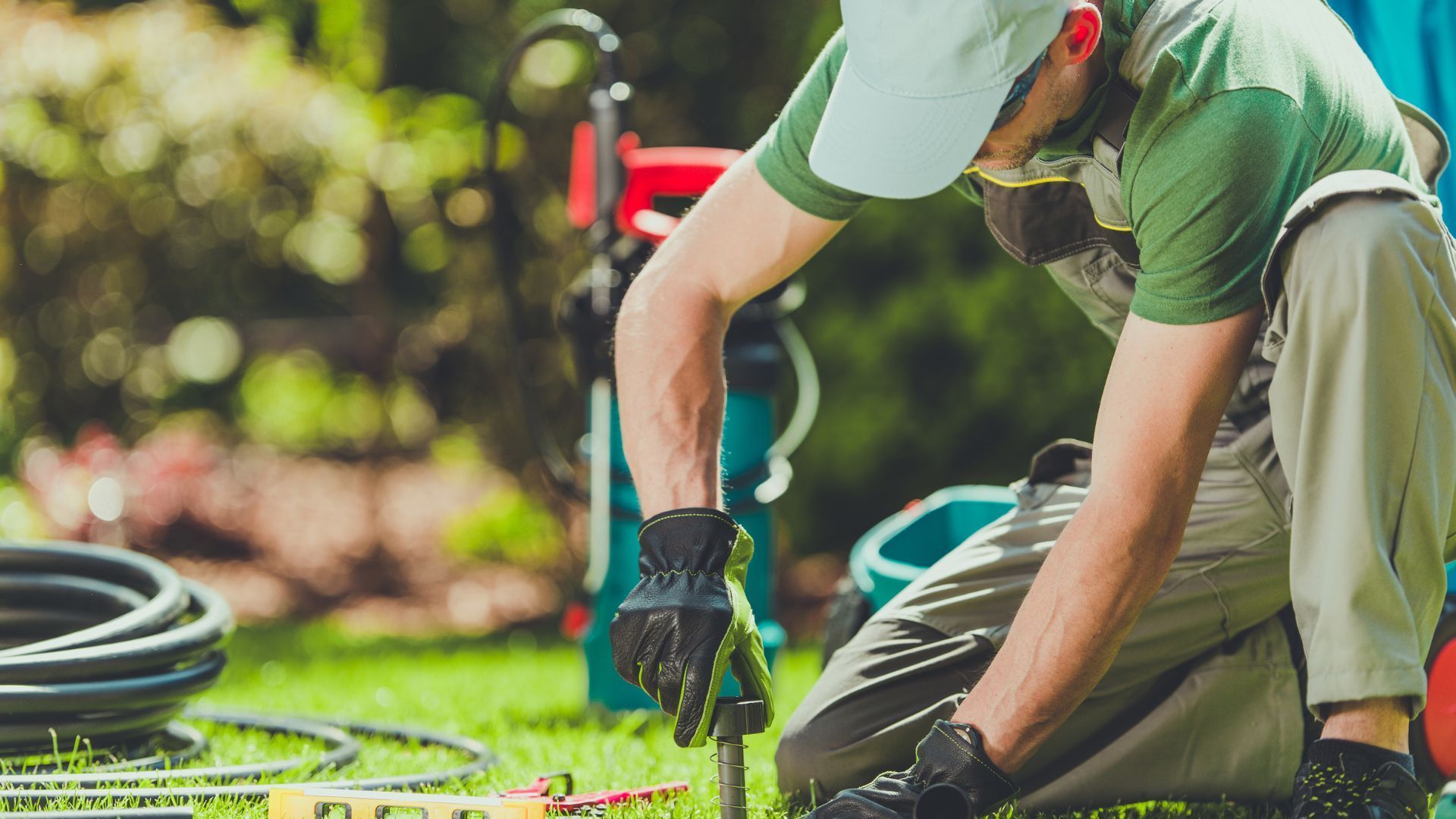
Securing the Required Permits for Residential Sprinkler Installation in Rhode Island
Permit applications require detailed site plans, system schematics, and sometimes soil test reports. Homeowners are advised to consult local building departments and, where possible, work with licensed irrigation professionals to manage paperwork and technical details. Public hearings or neighbor consultations may be necessary in densely populated areas, so budgeting extra time is important.
Meeting Rhode Island's Backflow Prevention Device Requirements
Backflow prevention devices protect the public water supply and are required by law. Homeowners must choose devices appropriate to their property's water pressure and flow. Professional installation and regular testing are vital to maintain certification and avoid issues during system inspections. Documentation such as test certificates and maintenance records is often required by local water authorities.
Clarifying Property Line Setbacks and Easement Rules
Local zoning ordinances dictate setbacks for sprinkler heads and pipelines to prevent water overflow onto neighboring properties. Homeowners should review survey documents carefully and consult with experts if needed. Clarifying property boundaries and understanding easement rights can simplify the installation process and avoid legal disputes.
Adhering to Local Water Conservation Mandates in Your Sprinkler Design
Rhode Island emphasizes water conservation. Homeowners are often required to use water-efficient designs incorporating smart controllers, rain sensors, and low-flow sprinkler heads. These systems may include timing restrictions for watering. Automated systems that adjust for weather conditions promote conservation, reduce water bills, and ensure compliance with local mandates. Regular reporting of water consumption can also be a regulatory requirement.
What Homeowners Face During Sprinkler System Inspections in Rhode Island
After installation, systems undergo a rigorous inspection. Inspectors verify compliance with local codes, including proper backflow prevention and safe electrical connections. Homeowners should be prepared with documentation and maintenance records. Any deficiencies discovered during inspection must be promptly corrected before final approval is granted.
Common Problems in Designing Sprinkler Systems and Selecting Components for Rhode Island Residences
Choosing the correct design and components is crucial for an effective sprinkler system. Common issues include misplacement of sprinkler heads, inadequate water pressure, and poorly configured zones—all of which can affect performance.
Avoiding Incorrect Sprinkler Head Selection and Placement for the Rhode Island Climate
The unique climatic conditions in Rhode Island demand careful selection and placement of sprinkler heads. Fixed spray heads may work for uniform lawns, while rotary nozzles suit larger or irregular areas. Testing water distribution under varying weather conditions and utilizing adjustable heads can prevent problems like overwatering and water wastage.
Resolving Inadequate Water Pressure or Flow Rate Challenges
Low water pressure, often due to long pipe runs or municipal fluctuations, can result in weak performance or patchy irrigation. Solutions include adding booster pumps, pressure regulators, or redesigning the pipe network. Regular maintenance to check for leaks and blockages can also ensure that the system maintains adequate water flow.
Fixing Zone Configuration Mistakes for Effective Water Coverage
Incorrectly configured irrigation zones can lead to dry or overly saturated areas. Each zone should be planned based on specific soil, sunlight, and plant requirements. Grouping areas with similar needs and using software to model water distribution can help fine-tune the layout. Early corrections help avoid costly repairs later.
Choosing Appropriate Pipes and Fittings Suited to Rhode Island's Weather Patterns
Temperature fluctuations in Rhode Island can cause pipes to expand and contract, leading to leaks or bursts. Homeowners should opt for high-grade HDPE or PVC pipes and UV-resistant fittings designed for local conditions. Proper installation and secure connections are vital to withstand frost damage and potential corrosion, ensuring long-term system integrity.
Integrating Smart Irrigation Controllers and Rain Sensors Correctly
Modern irrigation systems benefit from smart controllers and rain sensors that adjust watering schedules based on weather data. However, accurate calibration and proper installation are critical to avoid issues like false triggers or connectivity problems. Homeowners should ensure that these devices are integrated correctly by experienced professionals and receive regular software updates for optimal performance.
Physical Installation Obstacles Encountered During Residential Sprinkler Setup in Rhode Island
The physical installation process itself poses challenges that can affect long-term system functionality. Key areas include managing trenching, ensuring secure pipe connections, and proper electrical wiring.
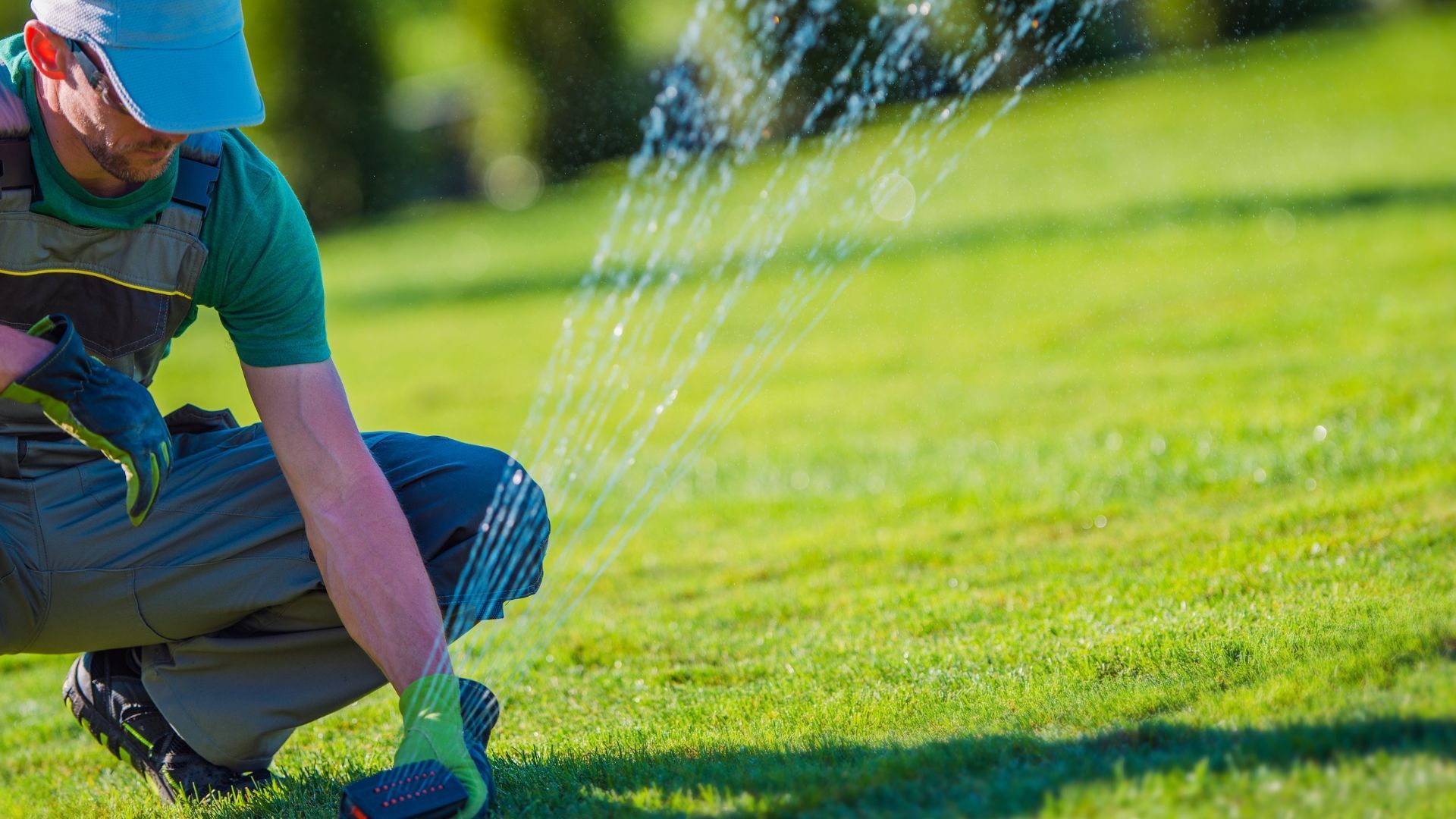
Minimizing Damage to Existing Lawns and Landscaping During Trenching
Trenching is invasive and can damage lawns and landscaping. To minimize disruption, installers use shallow excavations and specialized equipment. Protective measures, such as laying temporary sod and adding topsoil during backfill, help restore the yard quickly. Coordination with landscaping professionals ensures that the overall appearance is preserved.
Ensuring Proper Pipe Connections to Prevent Leaks and Water Waste
Leak-free pipe connections are essential for system efficiency. Homeowners must ensure that adhesives, sealants, and fittings are appropriately selected and installed. Regular pressure tests and inspections during early operation can identify potential leaks, allowing for timely repairs and efficient water use.
Setting Sprinkler Heads at the Correct Depth and Angle for Performance
Correct alignment of sprinkler heads is crucial. Heads set too shallow or too deep can disrupt spray patterns and cause inconsistent watering. Installers adjust the depth—typically at turf level—and angle to ensure all areas are evenly watered. Field tests confirm that water is not directed onto driveways or neighboring properties, maintaining efficiency and compliance with local regulations.
Managing Electrical Wiring for Controllers and Valves Safely and Effectively
Electrical integration for controllers and smart sensors must adhere to state safety standards. Using underground conduit protection and proper insulation minimizes the risk of short circuits and moisture damage. Licensed professionals handle the wiring to ensure compliance with all codes, and routine inspections help maintain system safety.
Typical Problems Faced During DIY Sprinkler Installation in Rhode Island
DIY installations often result in issues such as misaligned heads, incorrect electrical connections, and uneven trench fill. Without professional expertise, homeowners may experience system inefficiencies and safety hazards. Thorough research and high-quality component selection, along with consulting local experts, are crucial for successful DIY projects.
Addressing Initial Water Supply and System Performance Setbacks in Rhode Island
After the physical installation, performance issues such as low water pressure, uneven watering patterns, clogged nozzles, and misconfigured controllers can affect system efficiency. Addressing these problems early is essential.
Troubleshooting Low Water Pressure Affecting Sprinkler Operation
Low water pressure can cause patchy irrigation. Homeowners should check for leaks or blockages and verify the water pressure at the source. Installing booster pumps or pressure regulators may be necessary if pressure drops are identified. Systematic diagnosis using pressure gauges at various points can help pinpoint problems quickly.
Correcting Uneven Watering Patterns and Eliminating Dry Patches
Uneven watering may result from improper head alignment, poor pressure, or zone misconfigurations. Monitoring the system during the initial weeks helps identify dry patches or overstated areas. Recalibration of sprinkler heads and adjustment of controller settings can restore balanced water distribution, promoting optimal plant growth.
Dealing With Clogged Sprinkler Nozzles or Stuck Valves Shortly After Setup
Clogging can occur from debris or installation residues. Homeowners should perform periodic inspections—especially after rainfall—to clear blockages. Installing quality filters at the main water source and scheduling regular maintenance can reduce the buildup of particulate matter, thereby ensuring consistent performance.
Adjusting Controller Schedules for Rhode Island's Specific Seasonal Needs
Irrigation controllers must be tailored to seasonal weather patterns. During hot summers, watering needs increase, while winters require minimal or no watering to prevent freezing damage. Homeowners should adjust controller schedules based on weather forecasts and local evapotranspiration rates. Smart controllers help automate these adjustments, though manual tweaks may be necessary during rapid weather changes.
Preparing Your Newly Installed Sprinkler System for Its First Rhode Island Winter
Winterization is critical. Homeowners should drain water from pipes, insulate exposed components, and adjust controllers to winter modes. Using compressed air blowers to purge residual water helps prevent cracks or burst pipes. Thorough preparation before winter protects the investment and ensures the system functions properly when the warm season returns.
Managing Budgetary Constraints and Contractor Issues in Rhode Island Sprinkler Projects
Budget constraints and contractor challenges are common. Proper planning, detailed estimates, and clear communication with service providers help manage costs and avoid unexpected expenses.
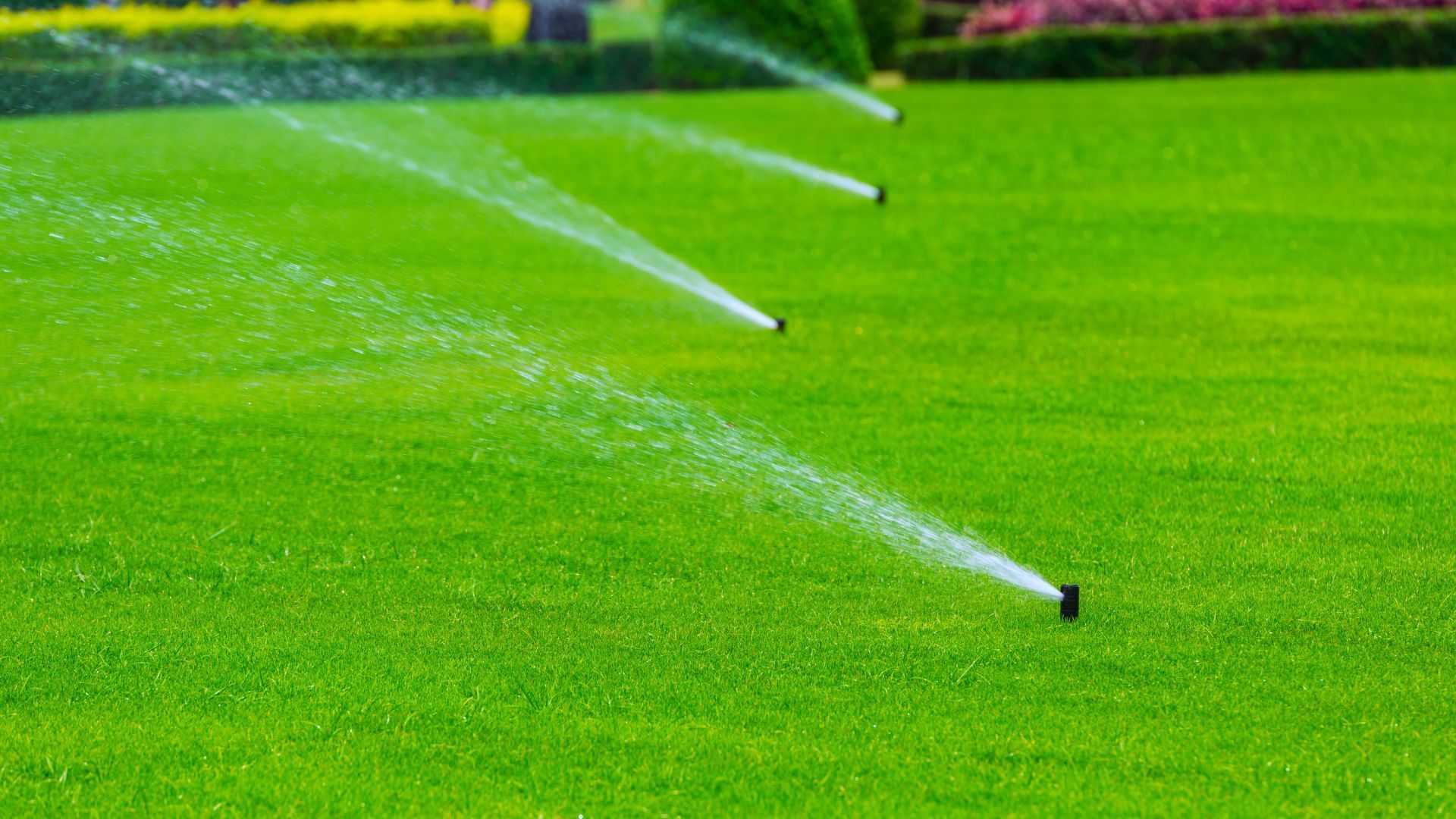
Anticipating and Controlling Unexpected Costs During Sprinkler System Installation
Unexpected costs can arise from unforeseen site conditions, permit fees, or necessary design changes. Homeowners should set aside contingency funds and work with contractors who provide comprehensive proposals. Regular site visits and transparent billing practices help monitor expenses, ensuring the project remains within budget.
Finding and Vetting Qualified Sprinkler Installation Professionals in Rhode Island
A reliable contractor is key to project success. Homeowners should research reviews, references, and past projects. Contractors with local experience and proper licensing are better equipped to handle Rhode Island’s unique challenges. Detailed contracts with clear timelines and warranty terms can further ensure accountability.
Understanding Potential Pitfalls in Sprinkler System Warranties and Service Contracts
Warranties and service contracts are essential for long-term maintenance, but can be complex. Homeowners must carefully review the terms to understand what is covered, including clauses on service frequency and exclusions for DIY modifications. Keeping maintenance logs and using qualified professionals helps safeguard warranty rights.
Handling Project Delays and Scheduling Conflicts With Installers
Delays are common due to weather or unexpected issues. Establishing clear project timelines and setting provisions for delays in the contract helps mitigate disruptions. Regular progress updates and milestone check-ins ensure that any setbacks are promptly addressed, minimizing impact on overall project completion.
What Are the Common Problems Faced With Sprinkler System Guarantees in Rhode Island
Guarantees sometimes do not cover incidental labor costs or environmental damages. Homeowners should read the fine print and maintain detailed maintenance records. Clear communication with contractors regarding warranty coverage can prevent unexpected expenses and reinforce the system's long-term reliability.
Frequently Asked Questions
What can homeowners do if they discover low water pressure in their sprinkler system?
They should start by checking for leaks or obstructions. If low pressure persists, consulting a professional about pressure boosting equipment or reconfiguring zones is advisable. Regular maintenance and pressure gauges help in managing water pressure.
How important is soil testing before installing a sprinkler system?
It is crucial because soil tests determine whether the soil is rocky or clay-based. This information guides necessary modifications, such as amending the soil or adjusting installation depth, ensuring the system functions optimally.
How do backflow prevention devices work and why are they required?
They prevent contaminated water from flowing back into municipal systems, protecting public water supplies. Local regulations require proper installation and regular testing, making them critical for system safety.
What maintenance steps should be taken after sprinkler system installation?
Homeowners should regularly inspect for leaks, clogged nozzles, and misaligned heads, clean filters, periodically recalibrate smart controllers, and prepare the system for winter to ensure long-term performance.
How can homeowners manage unexpected project delays during installation?
Establish clear timelines with contractors and include contingency plans in contracts. Regular updates and an allocated fund for unexpected expenses help minimize delays.
What role do smart irrigation controllers play in water conservation?
They adjust watering schedules based on real-time weather data, soil moisture, and seasonal patterns, ensuring efficient water use and adherence to conservation mandates.
How should homeowners approach permit acquisition for sprinkler installation?
Consulting local building departments to understand permit requirements and gathering detailed site plans, system schematics, and soil test reports can streamline the process and avoid costly delays.
Final Thoughts
This guide has summarized the challenges and solutions in sprinkler installation in Rhode Island—from soil and site complications to regulatory, design, and contractor issues. Thorough preparation, professional guidance, and regular maintenance are the keys to ensuring a successful installation. By addressing these challenges proactively, homeowners can achieve an efficient, reliable irrigation system that meets both practical and regulatory demands.
